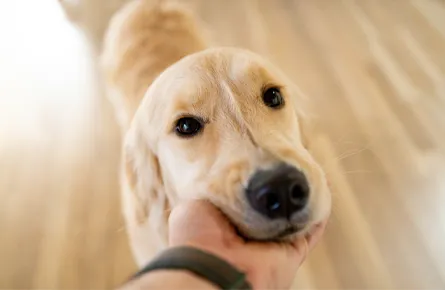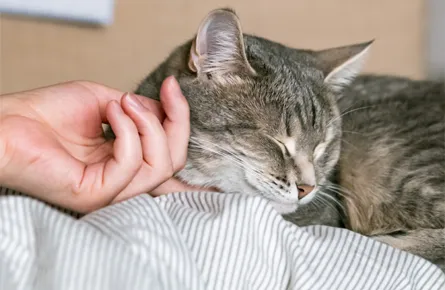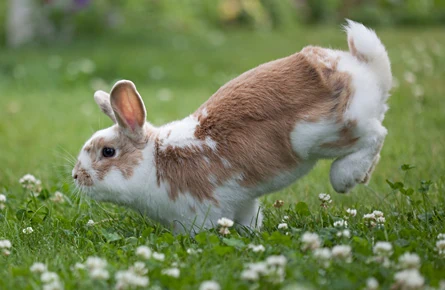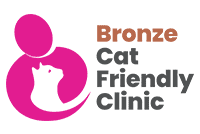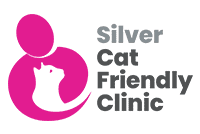Here at Shires Vets, in Staffordshire, we provide the optimum standard in pet vaccinations.
We believe that vaccinations are an important part of protecting your animals from severely harmful, yet preventable, diseases and are an essential part of responsible pet care.
We follow the most up-to-date, independent veterinary guidelines to give the very best protection against disease.
Longer-Lasting Protection for Puppies & Kittens
Most vet practices stop vaccinations at around 12 weeks, but research shows that many pets still have maternally derived antibodies (MDA) at this age. These antibodies can block vaccines from working, leaving young animals unprotected against serious illnesses, such as Parvovirus.
To ensure your pet is protected at the exact time their natural immunity fades, we
- Give a third vaccine at 16 weeks
- Bring the booster forward to 26 weeks (instead of the traditional one year)
Book a vaccination appointment
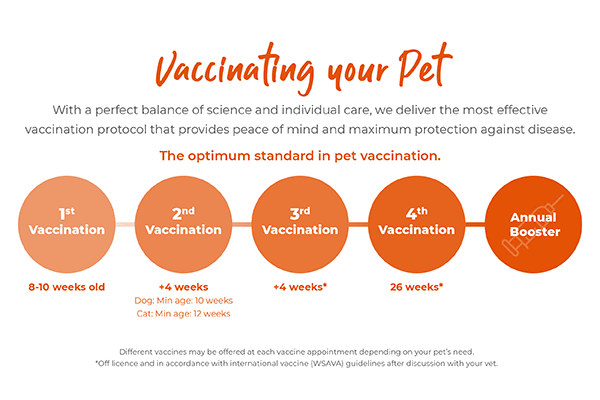
Better Protection Against Leptospirosis
Some vaccine protocols only protect against 2 strains (L2). Our updated L4 vaccines protect against 4 strains — including Leptospira Australis and Leptospira Grippotyphosa, which are present in the UK and can infect dogs, causing serious illness.
Smarter, Tailored Vaccination Schedules
We can now use simple blood tests (serology) to determine whether your pet needs a vaccine, helping to avoid unnecessary doses for those concerned about “over-vaccinating.”
Individualised Protection for Cats
Instead of a one-size-fits-all schedule, we create vaccine plans based on your cat’s lifestyle and exposure risk, so they get exactly the protection they need — no more, no less.
Dogs, cats and rabbits are susceptible to a number of life-threatening diseases, but scientific advances and the introduction of immunisation have been very effective in reducing the number of cases dramatically. It is tempting to assume that they are no longer a threat to our pets as we hear little about them, but they still do remain a constant danger, meaning the correct vaccination programme is the best way to keep your pet safe.
How do pet vaccinations work?
Vaccines contain harmless (either weakened or dead) variants of the viruses and other infectious agents. When an animal is vaccinated, the immune system responds by generating a protective mechanism through the formation of antibodies. If the animal is then exposed to the actual disease at a later date, the antibodies from the vaccination will prevent the disease from developing.
The type of vaccines Shires Vets recommend will be based on your pet’s lifestyle, risk factors and current guidance. However, it is important to remember that vaccines don’t give lifelong immunity, and that is why regular booster vaccinations are recommended. It is also an excellent opportunity for your pet to have a full health check. We send out reminders for all vaccinations.
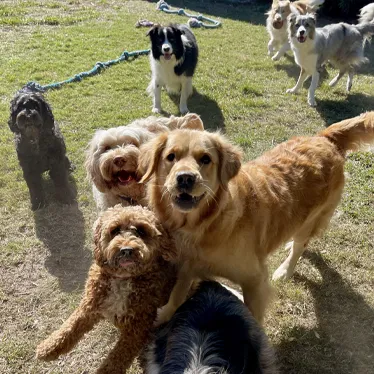
Dog Vaccinations
The primary vaccinations for puppies help to overcome the remaining antibody protection that they still have from their mothers and ensure reliable protection at an early age. The first vaccination is usually given at 8 weeks old, followed by 3 consecutive vaccinations from 4-week intervals up to 26 weeks old*.
Socialisation can occur after the 1st vaccination in a controlled way. Please discuss this further with your veterinary team to determine the best way to socialise your puppy safely.
Our advanced vaccination course ensures that puppies are protected, as they may not respond to early vaccines due to the presence of maternal antibodies.
Shires Vets recommends that yearly boosters be obtained to ensure immunisation is up to date. We can provide the following vaccinations for your dog:
- Parvovirus
- Leptospirosis
- Distemper
- Canine Infectious Hepatitis
- Rabies
- Kennel Cough (Bordetella and Parainfluenza)
A full health check is booked for every dog undergoing vaccination to ensure it is in good health before receiving the injection.
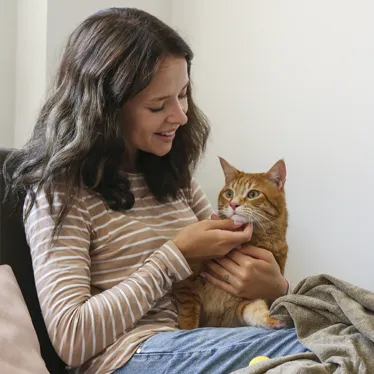
Cat Vaccinations
The primary vaccination course for kittens consists of 4 injections. As with puppies, kittens will have some protection from their mothers in their bloodstream, which is why 4 injections of the vaccine are required to immunisation.
Kitten vaccinations start from 8 weeks of age, followed by 3 consecutive vaccinations until your kitten is 26 weeks old*
A certificate of vaccination will be provided at the end of the course for your records.
It is important for annual boosters to maintain effective immunity. Here at Shires Vets, we can vaccinate your cat against the following diseases:
- Cat Flu
- Feline Enteritis
- Feline Leukaemia Virus
- Feline Chlamydophila
We can talk you through any vaccination that may be required for your cat.
Different vaccines may be offered at each vaccine appointment depending on your cat’s needs.
*off licence and in accordance with international vaccine (WSAVA) guidelines after discussion with your vet
Spread the cost of essential healthcare for your pet

To spread the cost of pet vaccinations, Shires Vets offer the Pet for Life Health plan, which includes vaccinations for your pets including kennel cough for dogs.
FAQ’s
Why does my pet need to have vaccinations every 12 months?
Depending on the disease that your pet is being vaccinated against, the period of time that they are protected will differ. Certain diseases, such as leptospirosis in dogs and flu in cats only carry around 12 months protection, which is why a yearly booster is recommended. Even though your pet might be being vaccinated every 12 months, it is not always against the same diseases – your vaccination card will show you which diseases they are getting boosters for each visit. Visiting us every 12 months for vaccinations also means your pet gets a full annual health check, which is equally important!
Does my pet need to be vaccinated if they live inside?
Although your pet may not go outside, it is still possible for diseases to be brought into the house. This could be via soil on a dirty boot or via other wildlife that could enter the home. Therefore, having full vaccination can provide the protection needed for all circumstances, meaning you don’t have to take the risk.
I have heard that vaccines are risky and to avoid them – is that true?
Any veterinary procedure that is performed can carry some sort of risk, however in the case of vaccinations, it is important to remember that for the majority of pets the benefits of being vaccinated greatly outweighs the risks. Vaccination reactions are rare and where they do occur, they are mostly short-term and mild. Reactions of this nature show that the vaccine is effectively stimulating the immune system.
The team at Shires Vets are always happy to talk to you about the benefits and risks associated with vaccinating your pet to help identify the most suitable strategy as part of their wider preventative healthcare programme.
Are there any schemes/offers to help with covering the cost of my pets’ vaccinations?
Shires Vets Pet Health for Life plan allows you to spread the cost of essential healthcare for your pet, with an annual health check and vaccinations (including kennel cough for dogs).


